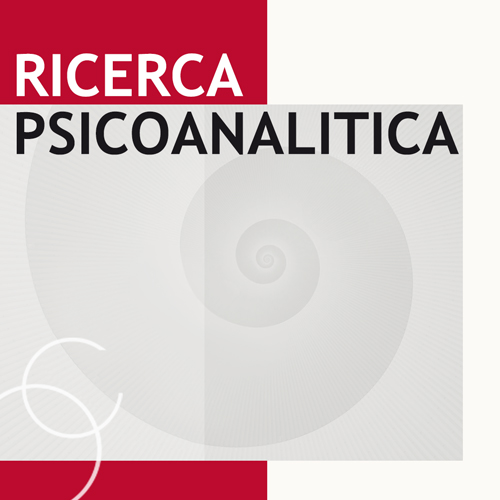Psychoanalytic trans-narratives

Accepted: June 10, 2024
PDF: 261
All claims expressed in this article are solely those of the authors and do not necessarily represent those of their affiliated organizations, or those of the publisher, the editors and the reviewers. Any product that may be evaluated in this article or claim that may be made by its manufacturer is not guaranteed or endorsed by the publisher.
Authors
In recent years, the topic of gender diversity has gained greater visibility, promoting the dissemination of narratives regarding transgender and gender diverse (TGD) people. Unfortunately, this popularity has also led to misconceptions, stereotypes, and prejudices, fueled by the combination of one-dimensional, pathologizing, and stigmatizing narratives from various sources, including psychoanalysis. Nevertheless, recent gender studies have contributed to the development of a more affirmative perspective on gender differences, no longer considering them disorders but legitimate expressions of individual identity, shaped by culture and society. Building on these premises, this article aims to explore the intertwining of narratives that contribute to the formation of TGD identities. Through a psychoanalytic lens, this article explores the main narratives that, interwoven with different intrapsychic realities, developmental lines, and life circumstances, evolve into ‘psychoanalytic trans-narratives’. These narratives represent dynamic solutions TGD populations adopt to become individuals with an authentic and cohesive identity. Some of these narratives pertain to life contexts such as family, school, and healthcare, while others relate to common developmental stages, body narratives, and the diagnosis of gender dysphoria and the associated stereotypical narratives (‘being trans-enough’, ‘it gets better’ and ‘coming-out imperative’). Although each narrative is examined individually, they are intricately intertwined in a ‘narrative web’ or ‘master trans-narrative’. Within this framework, TGD people position themselves based on different variables, which are also the subject of this work.
How to Cite

This work is licensed under a Creative Commons Attribution-NonCommercial 4.0 International License.
PAGEPress has chosen to apply the Creative Commons Attribution NonCommercial 4.0 International License (CC BY-NC 4.0) to all manuscripts to be published.

 https://doi.org/10.4081/rp.2024.900
https://doi.org/10.4081/rp.2024.900



